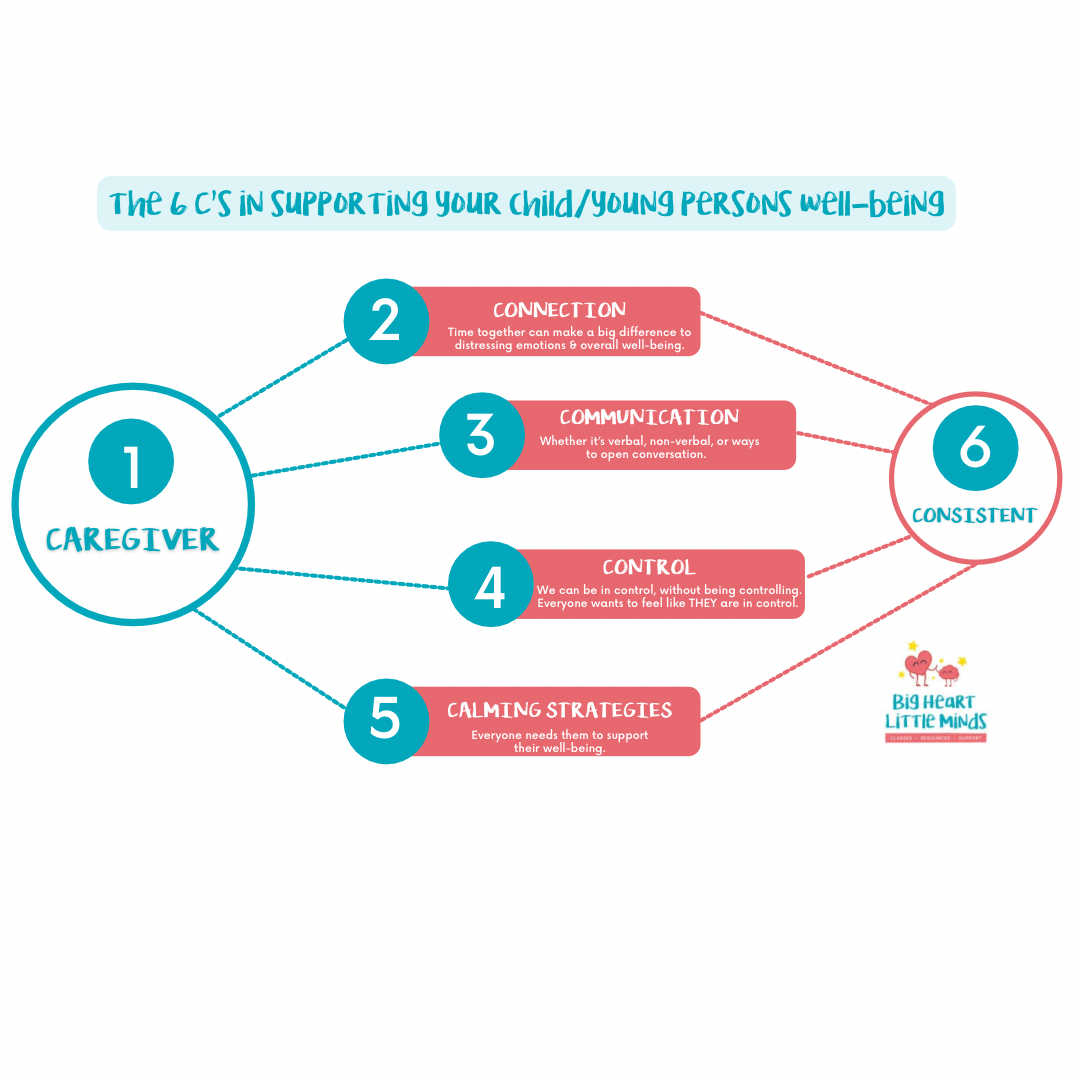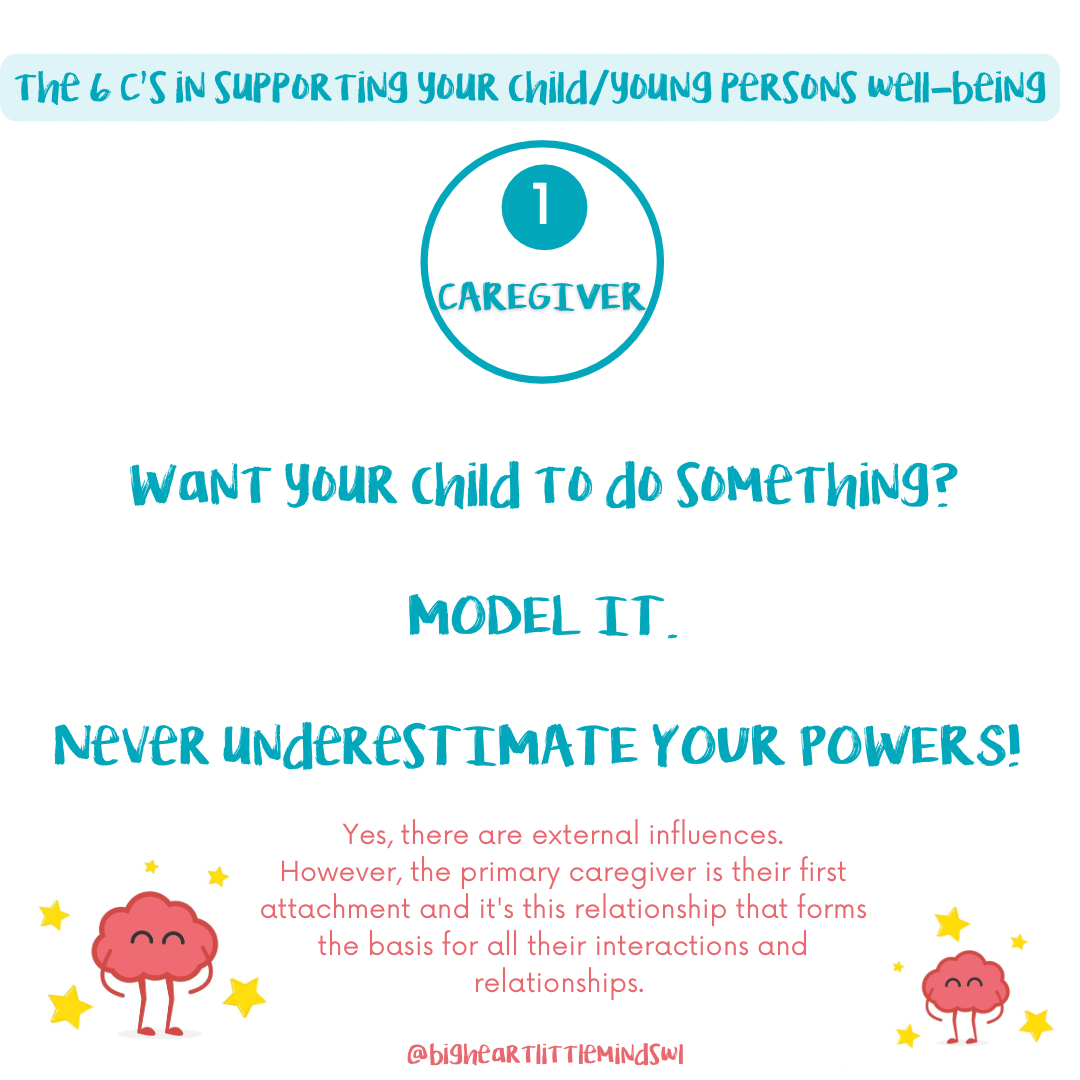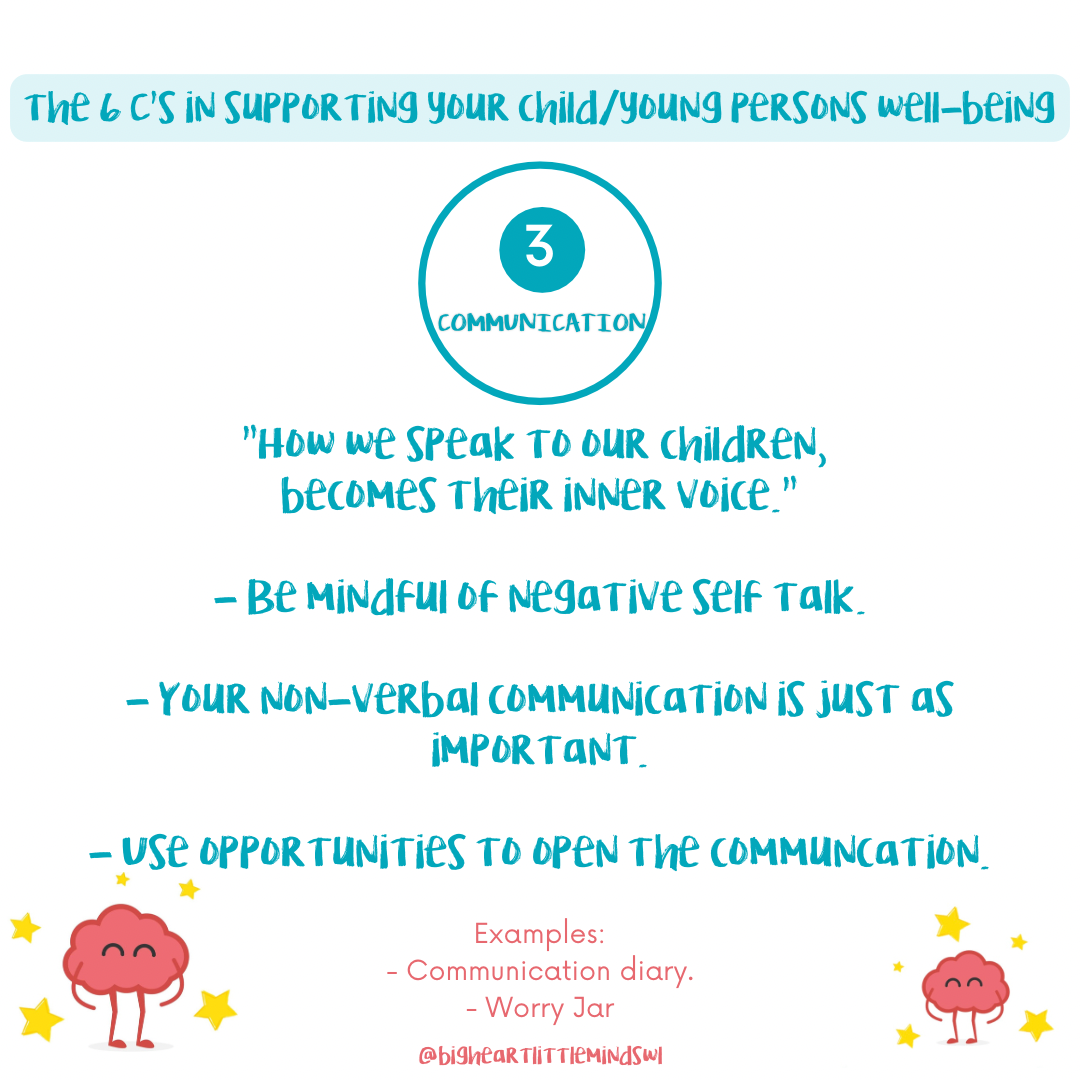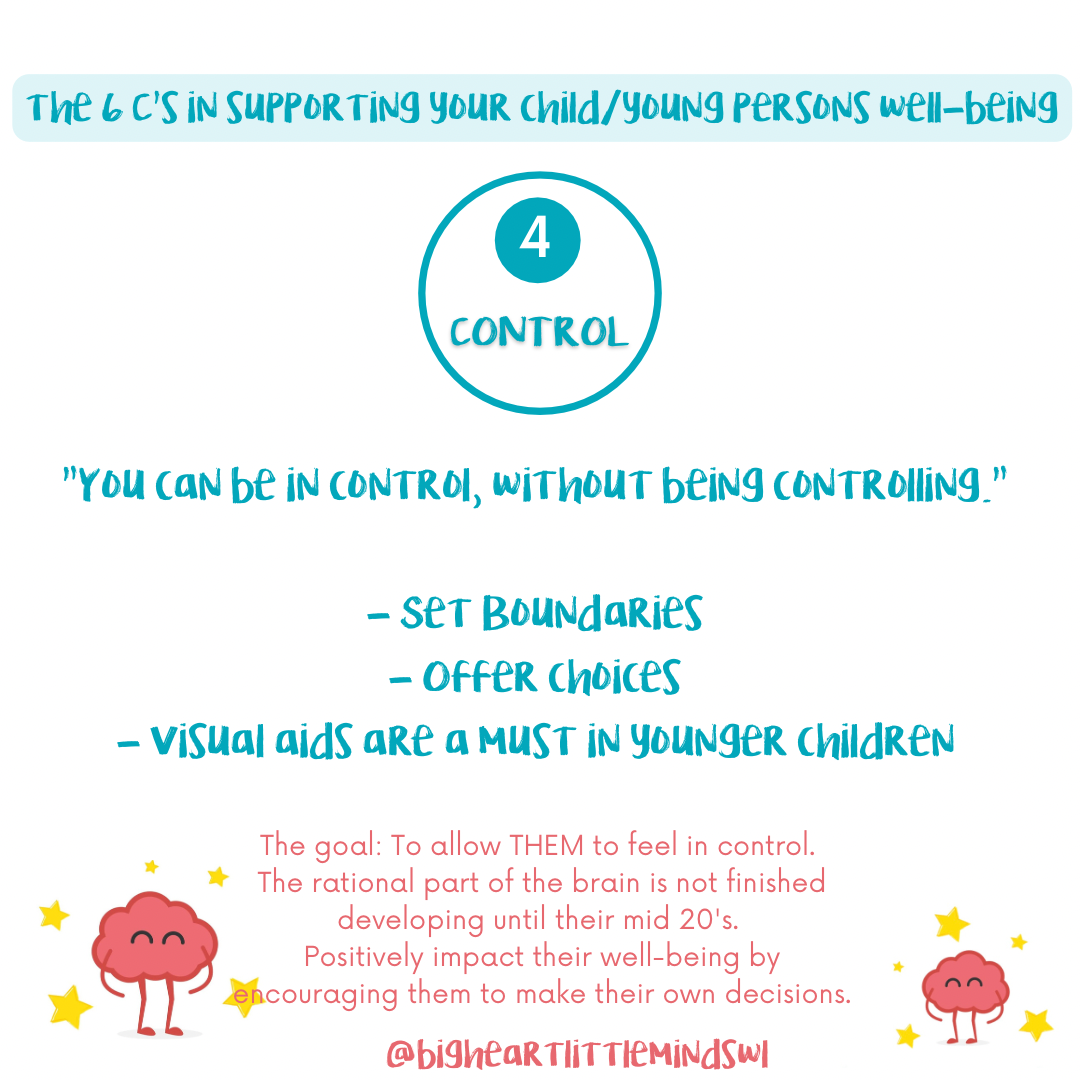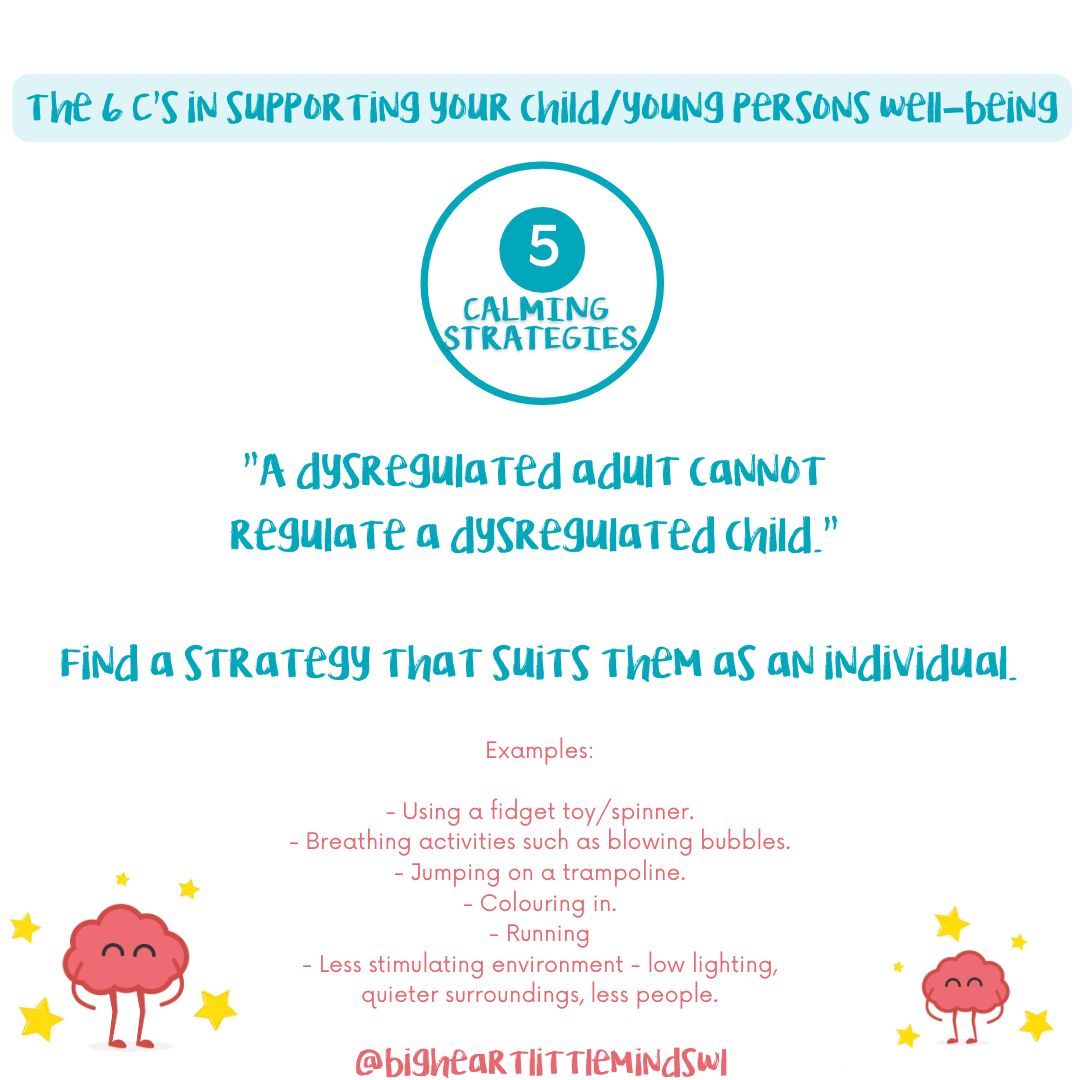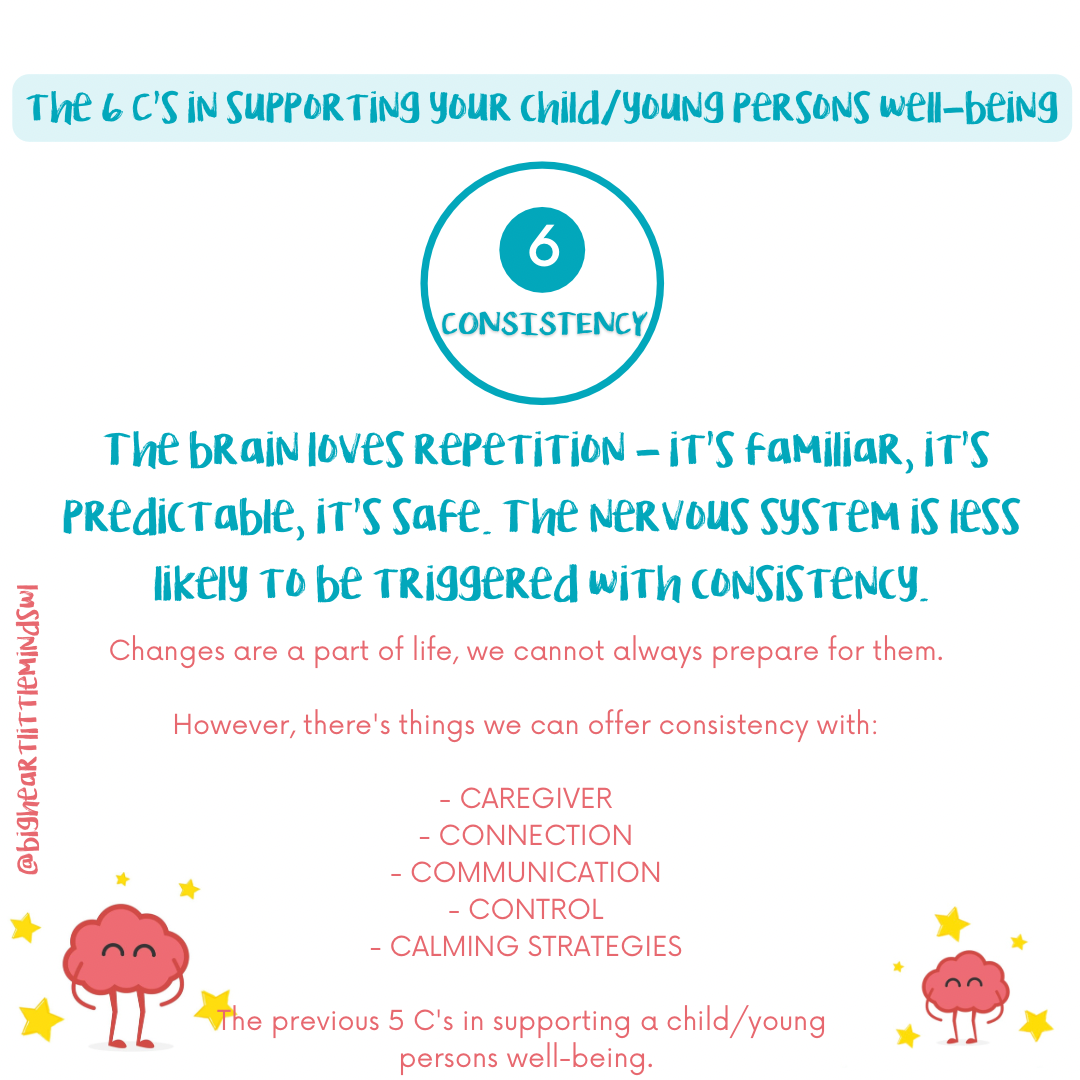CAREGIVER - WHY YOU ARE IMPORTANT FOR YOUR CHILD’S WELL-BEING
There’s one thing at the heart of it all:
Caregiver. You. You are what they see. Hear. Absorb. Look up to. Idolise.
They see how you care for yourself MENTALLY, PHYSICALLY and EMOTIONALLY. They see how you talk to yourself, how you talk to others, how you treat others, how you react, how you make mistakes, how resilient you are, what you do for a hobby, how you regulate your emotions, how you communicate, what your habits are, how you respond to them, how you meet their needs…
CONNECTION - WHY IT IS IMPORTANT FOR YOUR CHILD’S WELL-BEING
As humans, we thrive on connection & the pandemic has allowed us to reflect and realise exactly how our time was spent. It’s important to remember that connection is the basis of all our interactions and relationships & even more importantly, it is fundamental in supporting your child’s wellbeing. During our busy lifestyles, we may find that we live in the same space as our children/teens/family, but rarely connect.
Got a Mini Mind with big feelings? Got a Little Mind regressing in behaviour? Got a Growing Mind who won’t share what happens in their day? Connection is the answer (well, it will help!).
Remember - Consistency is key! Once or twice is great, but the more regular, the more positive interactions are stored in the brain.
COMMUNICATION – why it is needed to support your child’s wellbeing.
“What we say to our children, becomes their inner voice.” What you don’t say, also matters! At least 70% of communication is non-verbal: eye contact, how you move your body, posture, facial expressions, etc. This is something to be mindful of when with children, as how they pick up your non-verbal language is as impressionable as your verbal.
Verbalising our insecurities in a negative way presents the idea that it is ok to disrespect ourselves. Being mindful of this in front of children and teens who are already picking up on things through media, social media and peers is something to consider.
Regardless of your relationship, you are their primary care giver and they look up to you to make sense of the world. Let’s treat ourselves with kindness, so that one day they will be kind to themselves also.Open the communication by checking in every day AND naming/validating feelings. By normalising them, they are more likely to turn to you in times of distress. Leave a notebook in a designated space where both of you can find it. This encourages a non-judgemental, shame reducing way of opening up about worries and concerns whilst giving the parent the opportunity to respond rationally (rather than emotionally). Lastly, an activity we include in our Well-being Kit; making a worry jar. A visual way of “getting rid” of worries by writing it on a piece of paper and popping it in the jar.
CONTROL - WHY YOU NEED TO CONSIDER THIS TO SUPPORT YOUR CHILD’S WELL-BEING
“You can be in control, without being controlling.”
As a society, we want children to conform to our ways, learn right from wrong but the manner in which this is done varies from person to person. Our children do not benefit trying to meet high expectations and rules, all so you feel in control of them. This may result in seeking validation from others as an adult and “people pleasing.” Age 3, 13 or 23, no one wants to be told what to do, we want to learn for ourselves and our we want to feel like we are in control.
As the parent it can be extremely difficult/triggering to feel like you don’t have “control” of situations involving your family, their choices and/or their well-being. You can influence, you can advise, but you cannot control. Set clear boundaries, offer choices and support tricky transitions with visual aids. An example - a child who doesn’t want to leave the park. Use a timer, allow them to choose the time & stop the alarm when it sounds. There’s more on this here.
calming strategies - why they are important in supporting your child’s well-being
Let’s be explicitly clear. WE CAN ALL BENEFIT FROM CALMING STRATEGIES.
“A dysregulated adult, can not regulate a dysregulated child.” (Or teen, young person or baby).
How that looks to each individual person, is exactly that - individual. The same goes for our children. The common denominator is EMOTIONS and sorry to break it to you but WE ALL HAVE THEM. How we express them is individual so how we calm and regulate ourselves is individual, also. Children are EXACTLY THE SAME with the exception that their brains are still developing, which means they need OUR help. By modelling our emotions and how we cope with them, they learn how to cope with theirs. This is called co-regulation.
This is how you support their well-being, by giving them tools for life.
Your child may have an interest in a specific object or activity that could be used as a calming strategy or you could help them create a space to use as a calming place
Consistency - why it is important for supporting your child’s well-being
We have spoken about the first 5 C’s of how we can support our children/young peoples well-being’s:
▫️Caregiver
▫️Connection
▫️Communication
▫️Control
▫️Calming Strategies
If each of these are consistent in their own way, there’s a much higher chance of their outcome being achieved. However, it is important to remember that we CANNOT be sensitively, attuned, responsive parents 100% of the time. It’s ok to make mistakes. It’s ok to get it wrong sometimes. We are enough!

